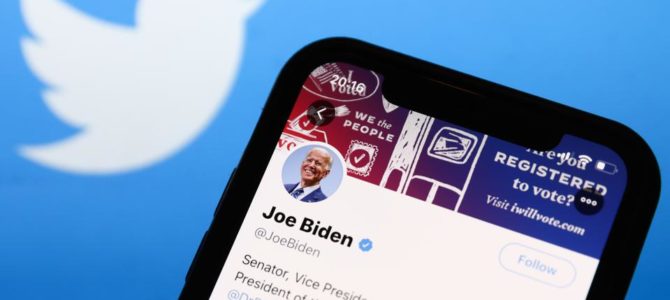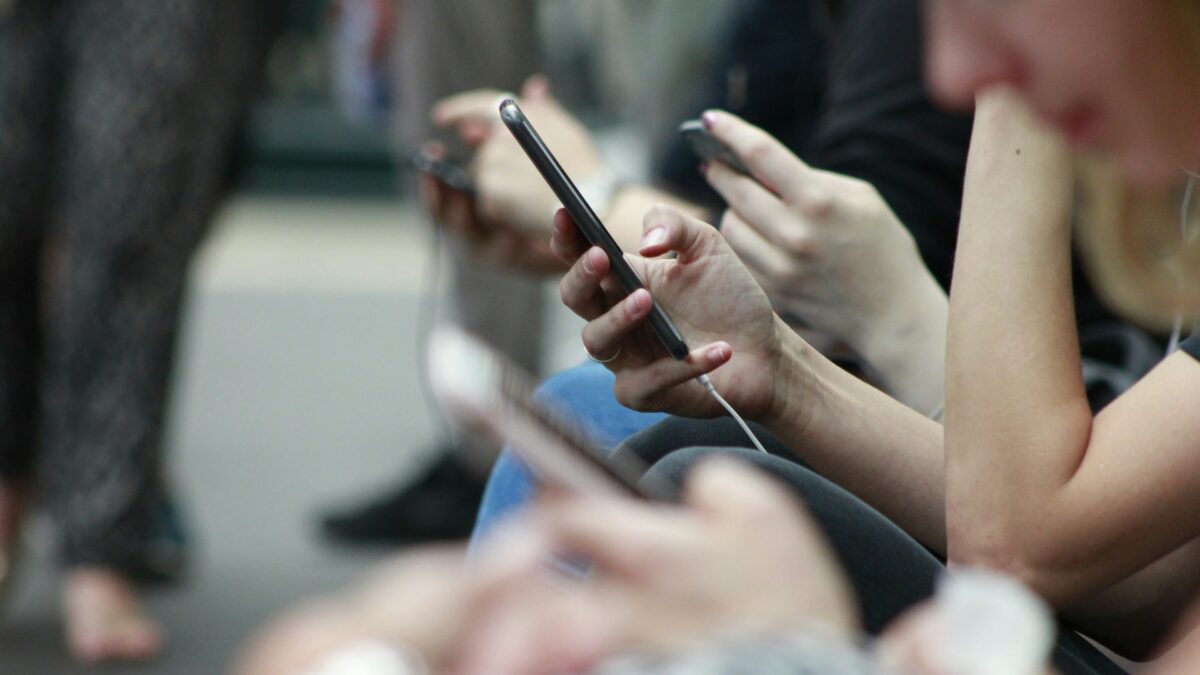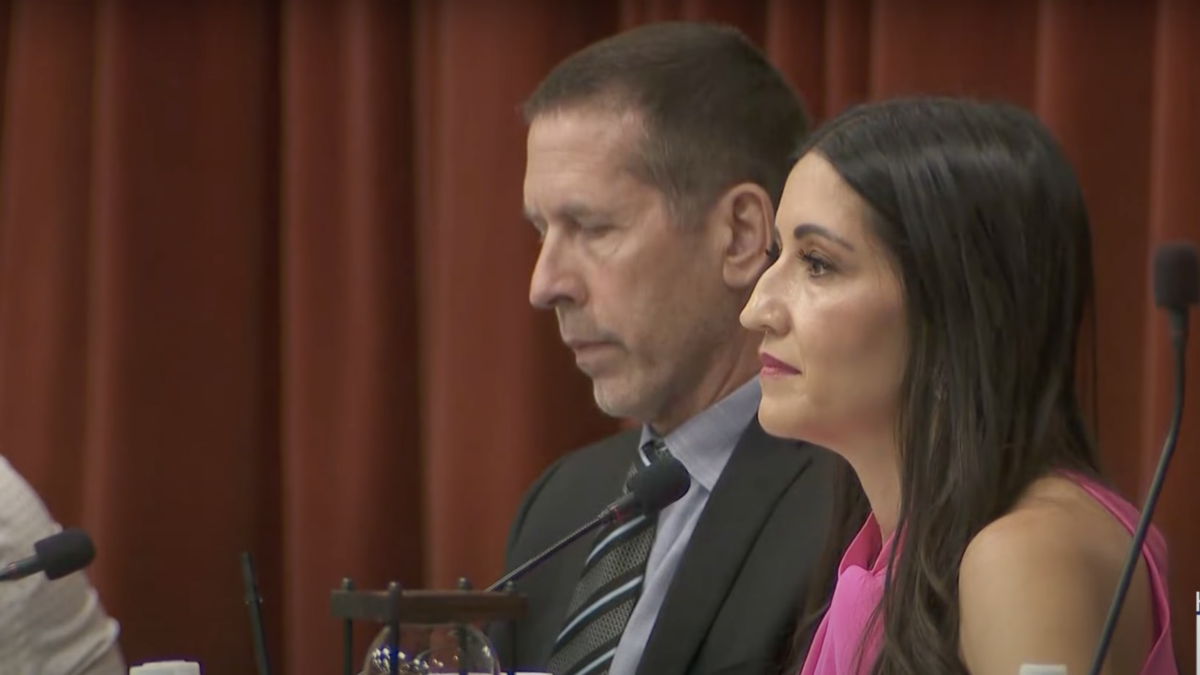Big Tech colluded with California Democrats to censor Americans posting about the 2020 election on social media, a new report from Judicial Watch states.
According to documents obtained by Judicial Watch, the California Secretary of State reportedly leveraged the state’s relationship with communications firm SKDK, which Judicial Watch noted “lists Biden for President as their top client of 2020,” to get videos and other social media posts the state deemed “misinformation” removed or flagged. Most of the time, the Big Tech companies lent ear to the “misinformation” concerns brought to them by the state and either removed the posts or applied contextual labels to them.
Not only did the Secretary of State receive “briefings” from SKDK cautioning the state about certain social media posts and YouTube videos that they deemed unacceptable, but the Office of Election Cybersecurity, which is housed under the Secretary of State, also kept a database of posts “coded by threat level” that the state eventually requested be forcibly removed by Big Tech companies. Of the 31 requests for removal, Silicon Valley giants such as Twitter, Facebook, and Google-owned YouTube either nixed or flagged 24.
Judicial Watch was allegedly targeted in some of these purges by YouTube and Twitter which prompted the organization to inquire with the state.
“These new documents suggest a conspiracy against the First Amendment rights of Americans by the California Secretary of State, the Biden campaign operation, and Big Tech,” said Judicial Watch President Tom Fitton. “These documents blow up the big lie that Big Tech censorship is ‘private’ – as the documents show collusion between a whole group of government officials in multiple states to suppress speech about election controversies.”
As early as 2019, Twitter, Facebook, and Google reportedly cooperated with the state’s efforts to meddle with users’ posts and offered a direct line of contact to their respective companies for censorship requests.
“In the email, Facebook outlines its goals to directly work with ‘electoral authorities in every state’ so that they can ‘report instances of voter suppression on Facebook directly to our team, so [Facebook] can look at them quickly and remove them from the site,'” the report states, noting that a Twitter representative also gave the state his contact information for the purpose of removing posts quicker.
The social media companies’ speed, however, was not completely satisfactory to state employees like Press Secretary Sam Mahood who complained in an email to Jenna Dresner, senior public information officer for the Office of Election Cybersecurity that Facebook’s process takes “way too long.”
“We should raise to FB and make sure we know best method to report posts,” Mahood wrote.
“Sure – I’m 98% sure this is the one you chased with an email directly to our FB contacts which resulted in it taken down that day. I can confirm that process works for the future?” Dresner replied.
A few weeks later, the Secretary of State’s office agreed to attend Facebook’s “misinformation” training to learn a new direct reporting system and the “monitoring guidelines for reporting misinformation.”
These repeated complaints also prompted Maria Benson, director of communications for the National Association of Secretaries of State, to announce that Twitter added states to a “mis/disinformation partner support portal” that allowed select employees to “directly report mis/disinformation” to the Big Tech giant which the government office used leading up to the 2020 election.









